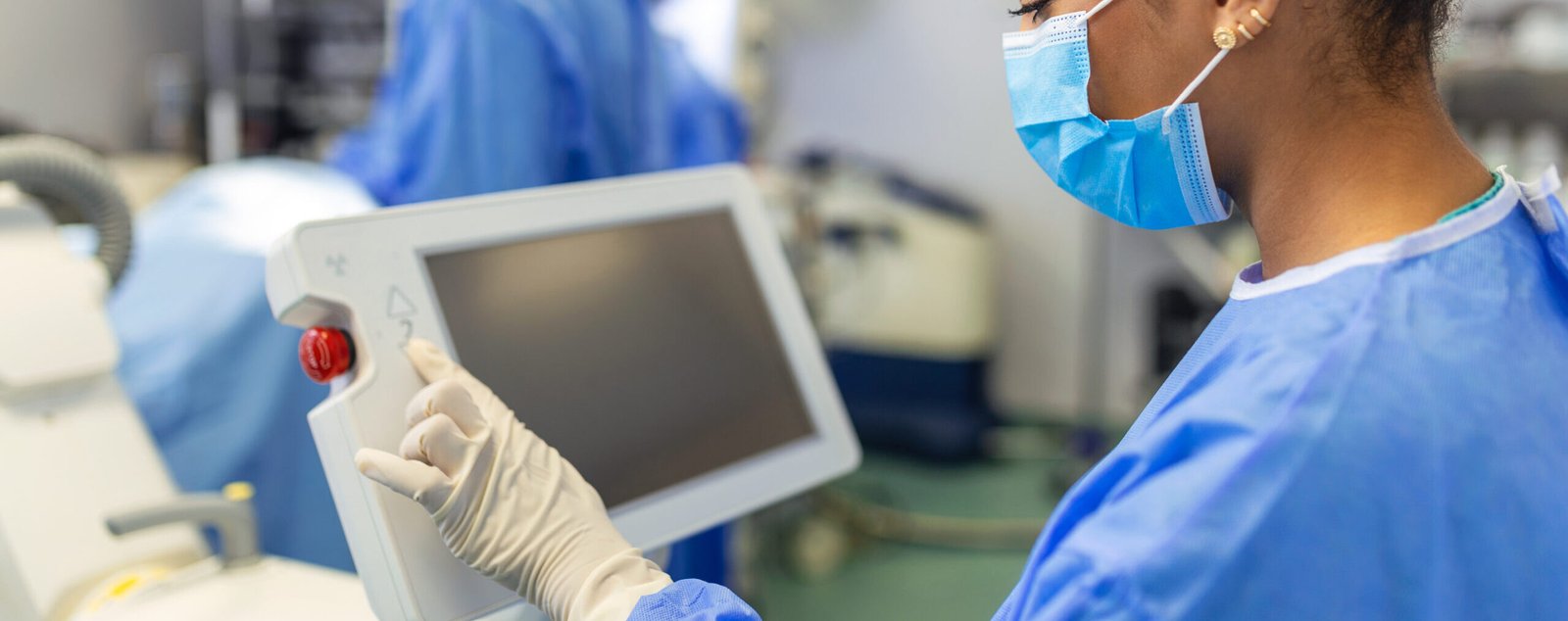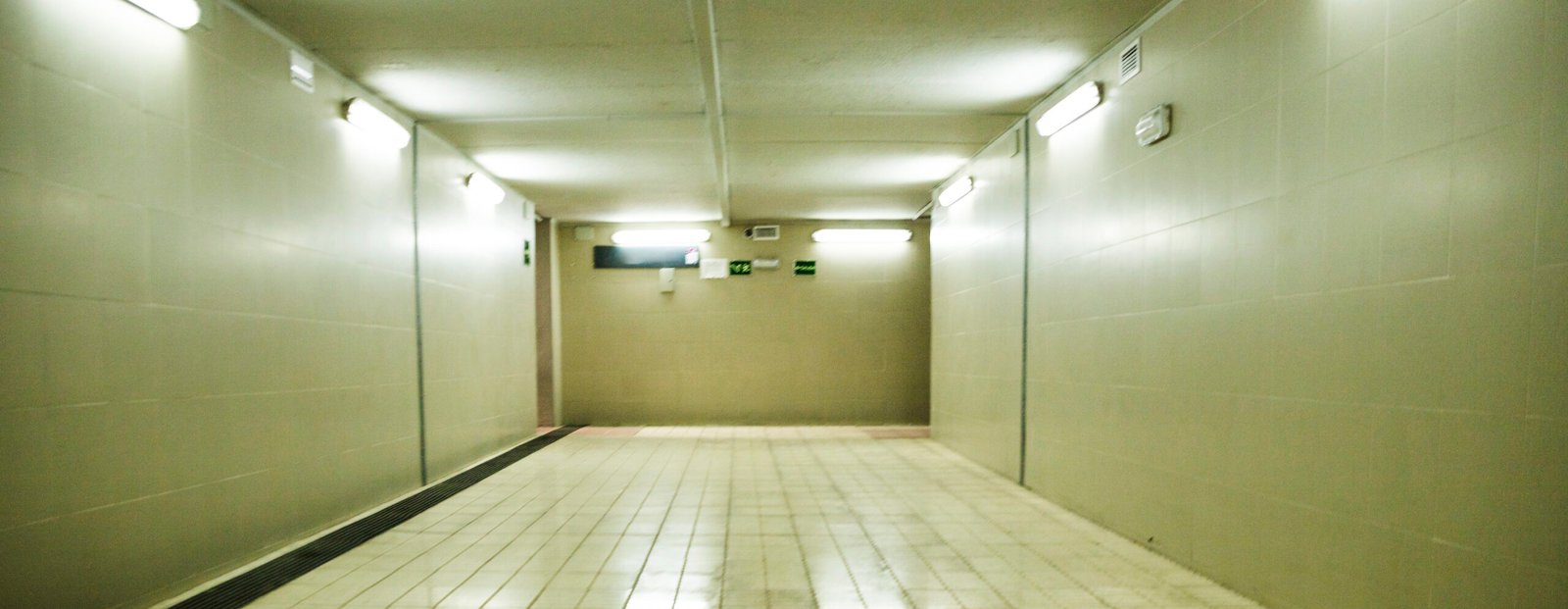Table of Contents
ToggleHospital cold rooms https://en.wikipedia.org/wiki/Cool_storeare a vital component of modern healthcare facilities. The unique environment of hospital cold rooms is crucial to the efficiency and safety of medical devices, pharmaceuticals, vaccines, and biologics. Furthermore, through precise temperature control, cold rooms ensure the safe and effective storage of sensitive materials, preventing spoilage. Given this, you may be wondering about the importance of hospital cold rooms. So, just how crucial are they?
In this blog, we’ll explore some of the key features of hospital cold rooms. We’ll also provide an overview of cold rooms and identify some key applications where they are needed.
2. Why Cold Room Cold Storage Rooms in Hospital?
Let’s analyze the importance of hospital refrigeration. There are many reasons why hospital refrigeration is crucial, but here are some key points:
(A). Space Saving
One of the main advantages of hospital refrigeration is space saving. These refrigeration units feature a modular design, allowing them to be customized and installed in various locations within the hospital, including outdoors. This helps hospitals conserve valuable internal space. By locating refrigeration units outdoors, hospitals can store large quantities of medical supplies without taking up space needed for daily medical activities.
(B). Security
If desired, refrigeration units can be equipped with advanced locking systems. These advanced security features protect valuable and sensitive medical products, especially items like vaccines, blood samples, and expensive medications. These security measures ensure that only authorized personnel can access these items, further preventing theft and tampering.
(C). Cross-contamination Prevention
Cross-contamination is a critical issue that hospitals must avoid. The good news is that hospital refrigeration facilities, in addition to ensuring safety, effectively prevent cross-contamination. Temperature control systems precisely monitor environmental factors such as temperature and humidity, which are key to preventing cross-contamination. Furthermore, temperature-controlled systems enable hospitals to maintain stringent environmental conditions, ensuring that stored items are free of contamination by pathogens or other harmful substances, thereby ensuring their safety and effectiveness.

(D). Extending Shelf Life
Another key function of hospital refrigeration is its ability to significantly extend the shelf life of perishable medical products. Hospital cold storage facilities keep medical supplies at optimal temperatures. This is particularly important for medications, vaccines, and laboratory reagents, as these items can quickly deteriorate if improperly stored. By reducing spoilage and waste, hospitals can save costs and ensure an adequate supply of medications, vaccines, and other essential supplies.
(E). Improving Patient Care
Proper, long-term storage of medications and vaccines directly impacts patient care. The good news is that hospital cold storage facilities can ensure the long-term effectiveness of these products, safeguarding patient care. By storing vaccines and medications at the appropriate temperature, they maintain their effectiveness, reducing risks and ultimately improving treatment outcomes and effectiveness. Ultimately, refrigeration reduces these risks, ensuring the overall safety and well-being of patients.
(F). Environmental Control
Last but not least, refrigeration can also help manage the hospital environment by isolating sensitive materials that require specific handling conditions. This isolation reduces the risk of cross-contamination with other substances or products within the facility. By maintaining a controlled environment, refrigeration ensures that sensitive materials remain safe and effective for a long time. All of this is crucial to maintaining high standards of healthcare.
These are just a few reasons why hospital refrigeration is so important. The specifics may vary depending on the purpose of the refrigeration. Regardless, we hope you understand its importance.
If you want to know more about the cold room, you can check this blog: What Is A Cold Room?
2. How To Choose the Right Cold Room for Hospital?
Know the items that will be stored in the cold room and their specific temperature requirements, and ensure the room meets them.
- Select a cold room with precise temperature control and monitoring systems.
- Look for energy-efficient models that reduce operating costs, such as advanced insulation and energy-saving features.
- Ensure the cold room meets healthcare standards and regulations, such as those of the FDA or WHO, as compliance is crucial to maintaining the safety and efficiency of stored items.
- Determine the required storage capacity and available space within the hospital, and ensure the cold room fits within the designated area.
- Invest in a high-quality cold room and choose a robust model to minimize the risk of failure.
- Ensure the cold room has robust security features, such as advanced locking systems and access controls.
- Select a cold room equipped with real-time monitoring and alarm systems. These features provide alerts in the event of temperature deviations and help ensure compliance with safety regulations.
- If your hospital has specific storage needs, look for customizable options, such as adjustable shelving or customized humidity control.
- Evaluate the total cost of ownership, including initial investment, installation, maintenance, and energy costs. Choose a cold room that is easy to use and maintain. Features such as clear digital displays, easy-to-access doors, and simple controls can simplify operation and reduce maintenance.






